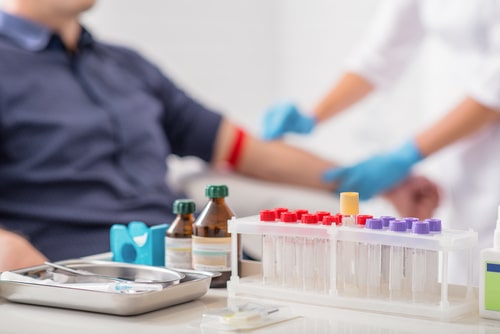What is the "Rising Blood Alcohol" Defense in a DUI Case?

In 49 out of the 50 U.S. states, the legal blood alcohol content limit is .08 percent. When an individual is caught driving with a blood alcohol content above this limit, they are considered to be driving under the influence and can face criminal charges. For commercial drivers, the limit is just 0.05 percent alcohol. The amount of alcohol that it takes to be over the legal limit varies from person to person. Many different factors affect BAC, including body weight, the amount of alcohol consumed, food consumption, and the rate of alcohol consumption. For some people, it may only take two or three drinks to be over the legal limit.
However, understanding when a person is legally intoxicated is not this straightforward. In some cases, a defendant may be charged with DUI even if their BAC was below the legal limit when they were initially stopped by law enforcement. This is because BAC can continue to rise after consumption while still in the body, leading to an increased reading when tested at a later time. This phenomenon is known as “rising blood alcohol,” and it is sometimes used as a defense for DUI cases in court.
Blood Alcohol Content May Increase After the Person Stops Drinking
Two main tests are used to determine a driver's blood alcohol content (BAC). The first is a breathalyzer test, which is the most common. This test measures the amount of alcohol in a person's breath, and it provides an estimate of BAC. Blood or urine tests can also be used to determine a person's BAC.
A driver may have a BAC that was slightly below the legal limit when they were stopped by law enforcement but then exceed the legal limit when tested later. This is because, even after a person stops drinking, their BAC can still increase due to the absorption of alcohol into the bloodstream.
If you were arrested on suspicion of drunk driving, your lawyer might argue that your BAC was rising at the time of the test and that you were not, in fact, over the legal limit when you were initially stopped by law enforcement. However, this is just one of many different defense strategies a DUI defense lawyer may employ.
Call Our Aurora Driver’s License Reinstatement Lawyer For Help
If you were charged with driving under the influence, contact Naperville DUI defense attorney Patricia Magaña for help. Call 630-448-2001 for a free case assessment. Se Habla Español.
Source:
https://www.ilga.gov/legislation/ilcs/fulltext.asp?DocName=062500050K6-303

 630-448-2001
630-448-2001






